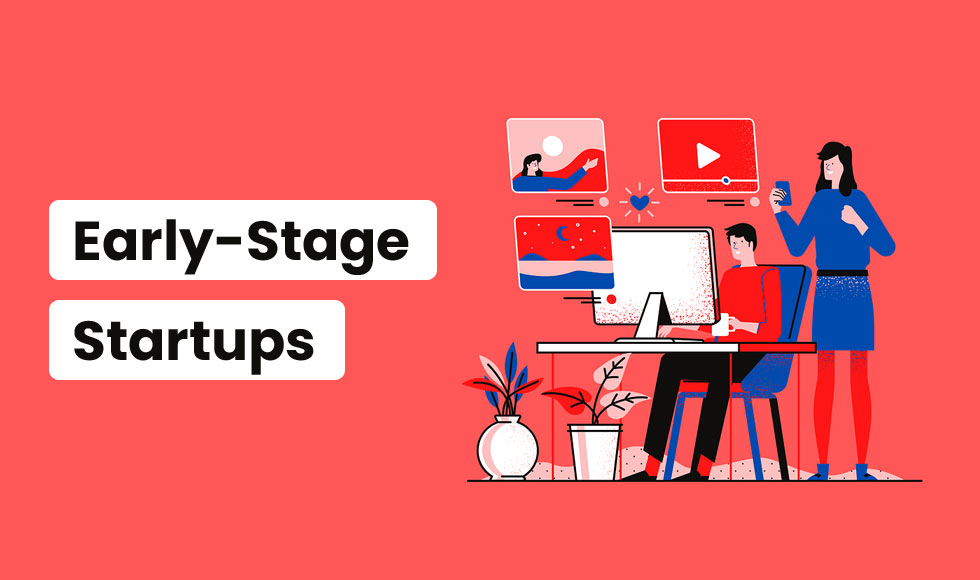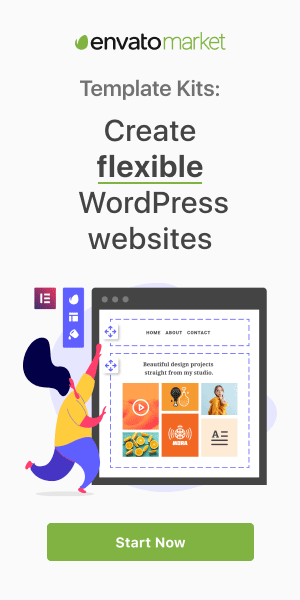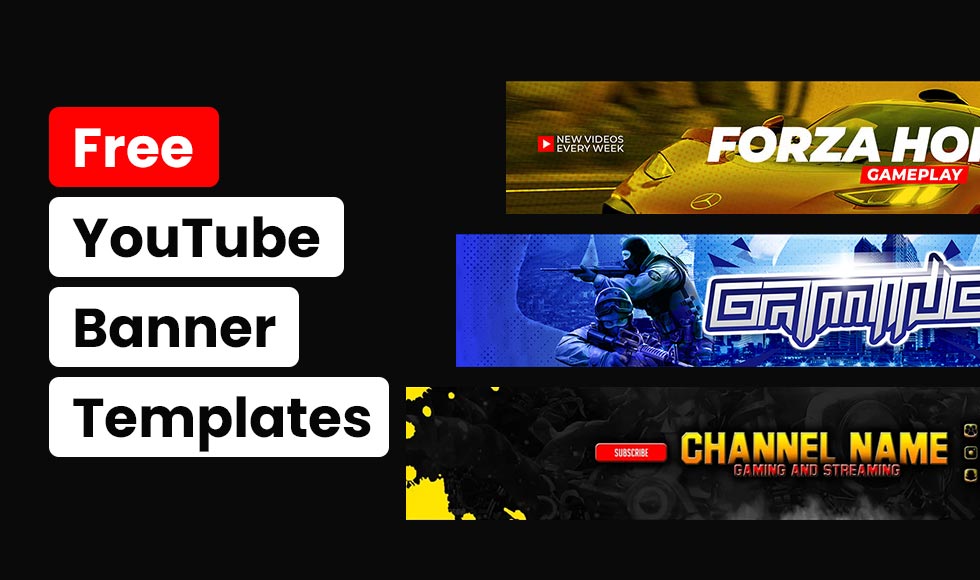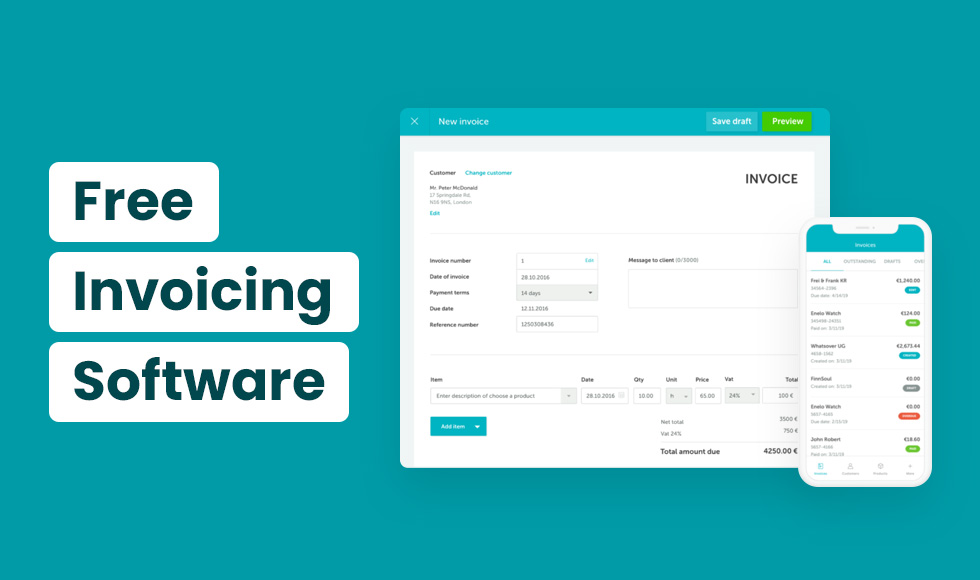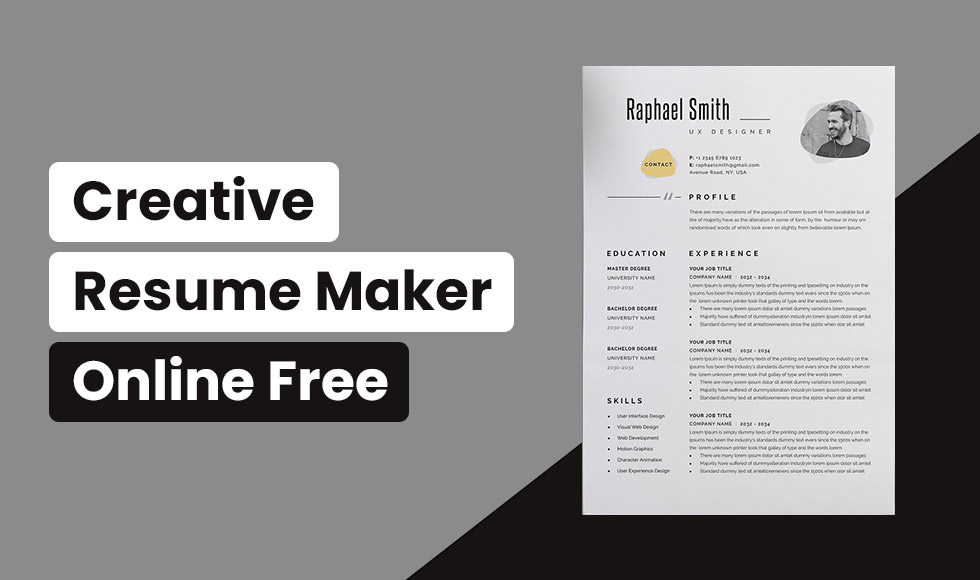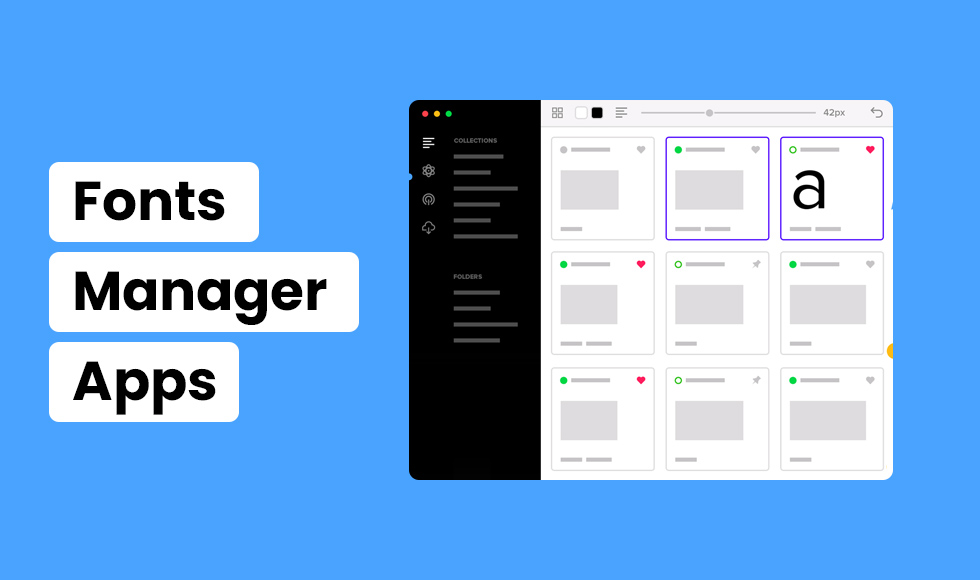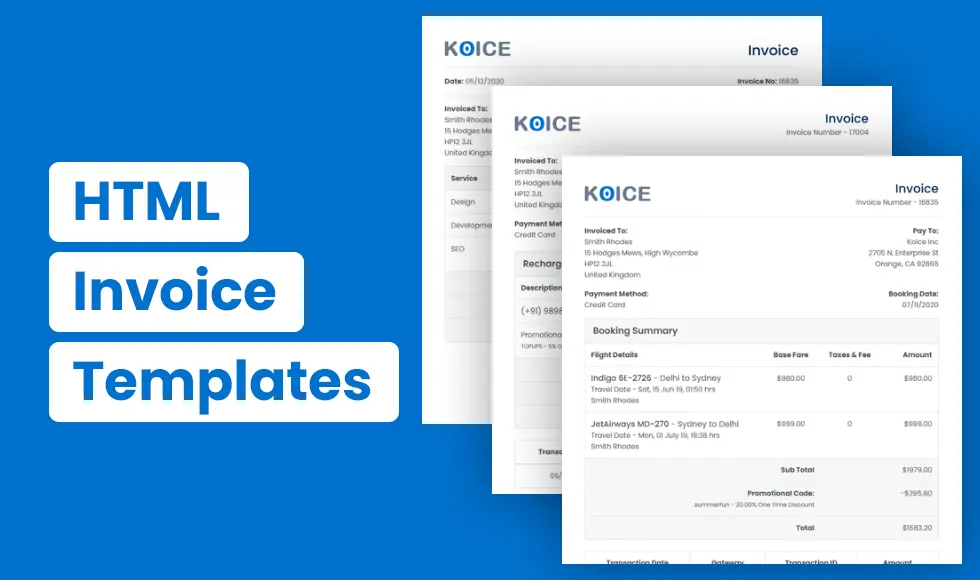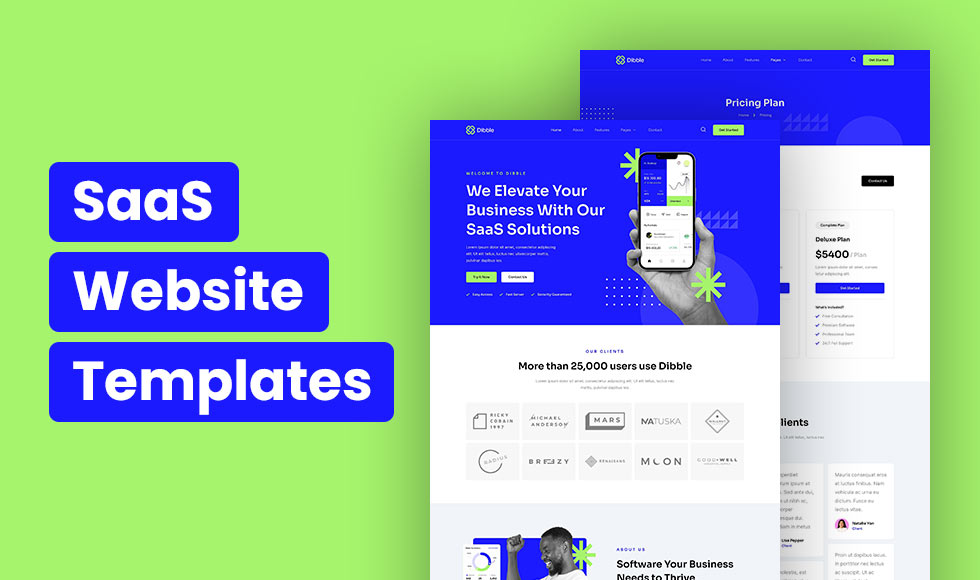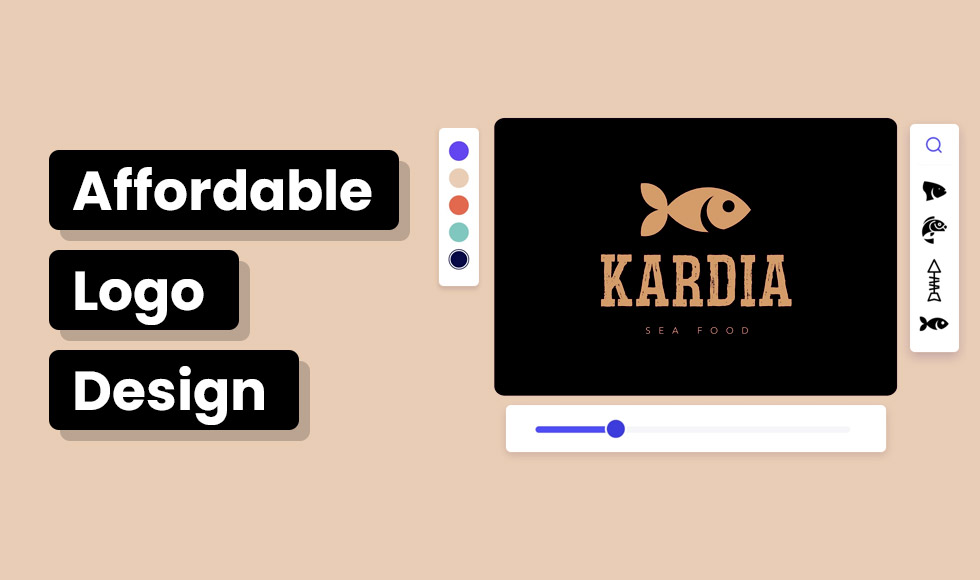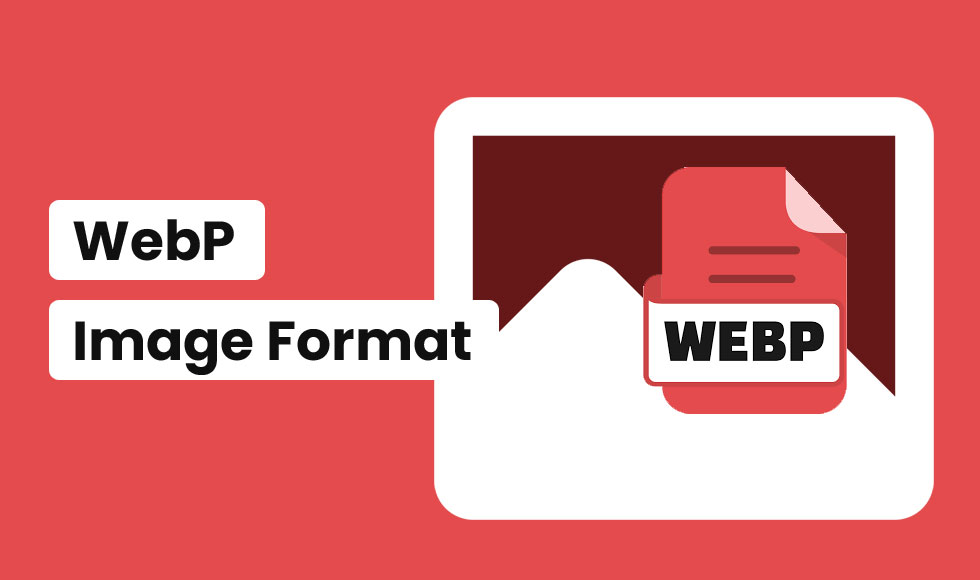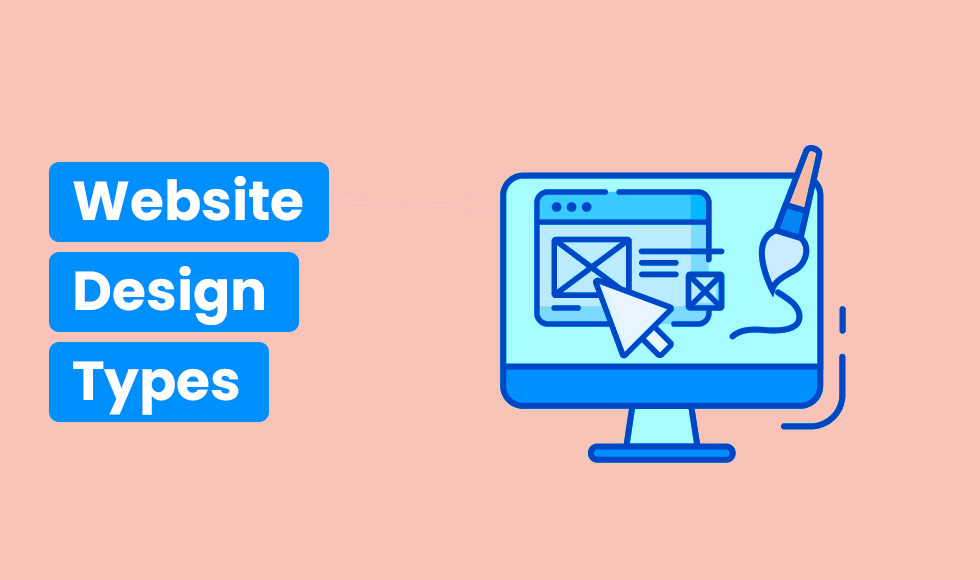We’re talking specifically about Product Designer, and not UI/ UX – here’s the difference
A product designer is a professional who designs and develops products by combining user needs with business goals to help brands make consistently successful products. They focus on the end-to-end development of physical products, including concept generation, design, prototyping, and manufacturing. Product designers consider functionality, aesthetics, and usability, often working with tangible goods.
The role differs from UI/UX designers, who specialize in designing interactive digital products and experiences, such as websites and applications. UI (User Interface) designers concentrate on the look and layout of a product, while UX (User Experience) designers focus on the overall feel and flow of the user interaction. Product designers typically have a broader scope, encompassing the physical aspects of a product and its use in the real world, beyond just the digital interface.
Role of Product Design in Early-Stage Startups
In an early-stage startup, product design plays a pivotal role in several key areas:
User-Centred Focus: To achieve PMF
- Brand Identity
- Investor Attraction
Resource Efficiency: Startups often have limited resources
- Scalability
- User Retention
- Managing Feedback Loop
Data Collection
We at Versatile, surveyed 50+ Early-stage founders from the USA, UK, UAE, and India. Some companies we surveyed were: Jupiter, Sensibull, Bamboobox.ai, Dubdub.ai, and Madras Mandi
Before moving ahead, let’s understand the problems faced by startups
Early-stage startups often encounter several challenges when trying to hire product designers:
- Budget Constraints
- Equity vs. Salary Balance
- Brand Recognition: They struggle to attract experienced designers
- Undefined Processes: Startups often lack established processes and clear role definitions, which can be a red flag for designers
- High Risk, High Reward: The high-risk nature of startups can deter designers looking for job stability and predictability.
- Culture Fit: Finding someone who not only has the necessary design skills but also fits the startup’s culture and pace can be difficult.
- Expectation Mismatch: Designers may have different expectations regarding their role, growth opportunities, and the kind of work they will be doing, leading to potential dissatisfaction.
- Recruitment Expertise: Startups may lack the in-house HR expertise to effectively recruit and assess the right design talent.
- Long-Term Commitment: Designers may be hesitant to commit to a startup due to uncertainty about the company’s longevity and their personal career trajectory.
- Competition: Competition with larger, more established companies that can offer more security and better benefits.
Now that we know this, let’s understand what early-stage startups look for.
They want a product designer who:
- 1. Has Agile startup Mindset
- 2. Is willing to accept lower compensation w/ equity
- 3. Has Emotional capability to deal with uncertainties
- 4. Can strategize and execute until they acquire resources
- 5. Knows how to build a team
- 6. Can set processes in the longer run
- 7. Can build a design culture
- 8. Is there for the long-run in ups and downs
- 9. Possesses Resourcefulness
Bonus point: Almost all founders look for someone who has the potential to grow to a CDO position.
Conclusion
The product designer for an early-stage startup emerges not only as a creator but as a foundational pillar upon which the startup can build its future. They are expected to possess an agile mindset, ready to iterate and pivot, aligning product design with the ever-evolving market demands and user needs. Their willingness to accept equity over high salaries speaks to their belief in the startup’s vision and their commitment to its long-term success.
Moreover, these startups crave a designer who can withstand the uncertainties inherent in a fledgling business. This emotional resilience is key to navigating the highs and lows that characterise the startup journey. The ability to strategize and execute with limited resources is not just desired but necessary, as is the foresight to build and nurture a team that can scale as the startup grows.
The anticipation that a product designer will set processes and cultivate a design-centric culture indicates the strategic role they are expected to play. It’s not just about the product’s present design but also about laying the groundwork for future innovation and process optimization.
Interestingly, the potential to grow into a Chief Design Officer (CDO) role is a recurring theme. This trajectory suggests that startups are looking for individuals who are not just employees but future leaders who will shape the company’s design ethos and product strategy at the highest level.

